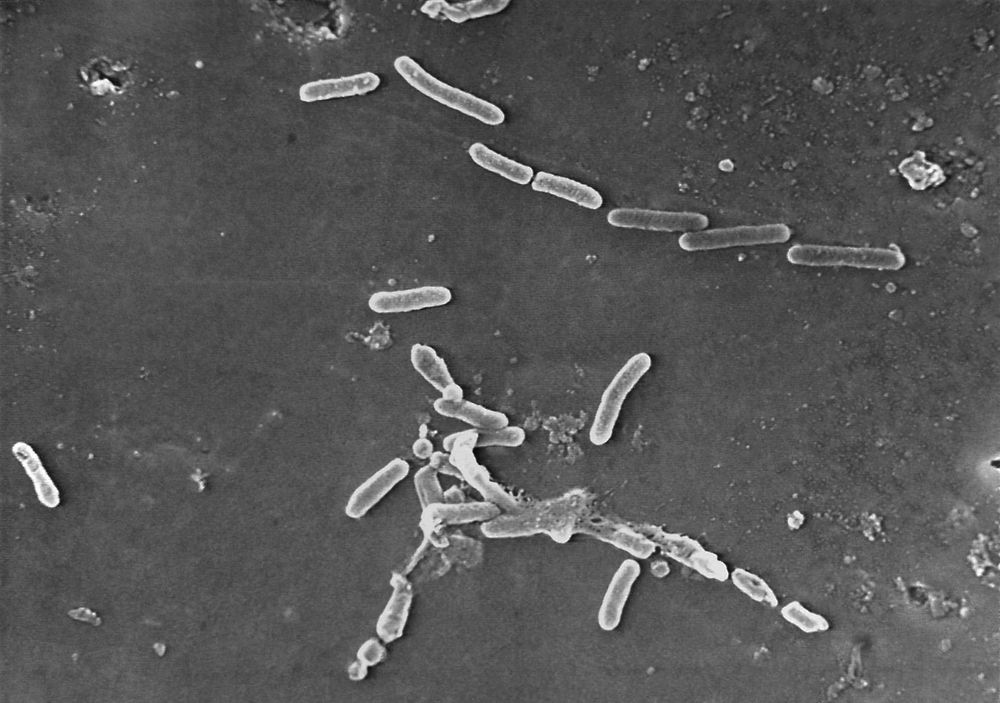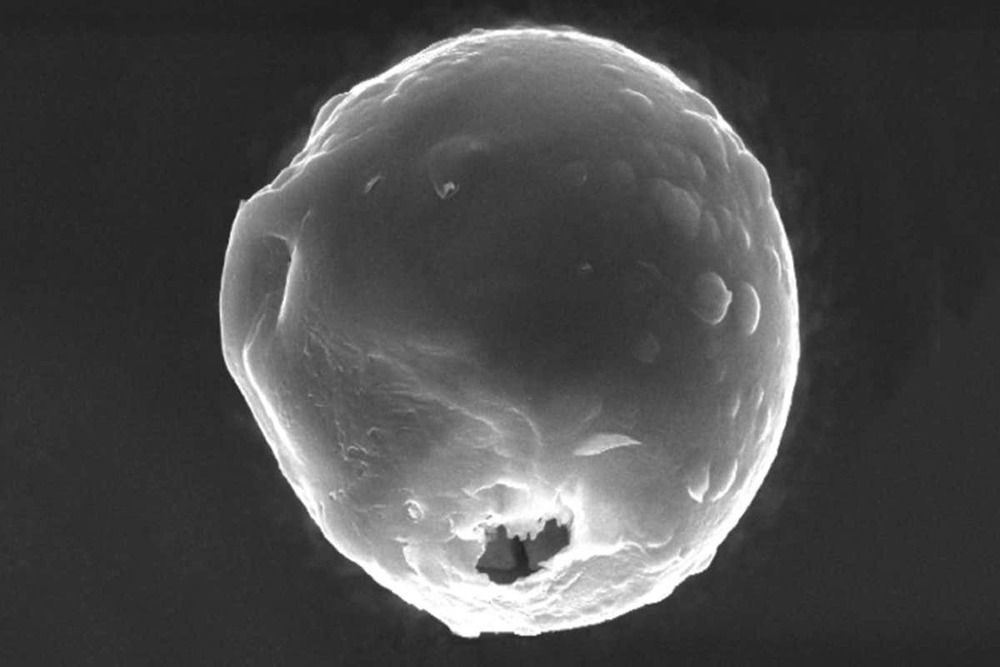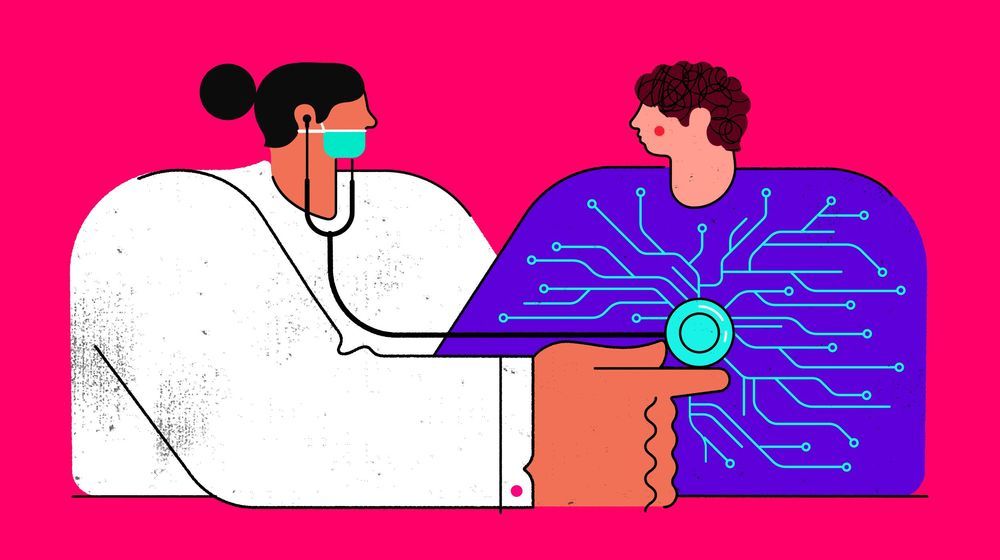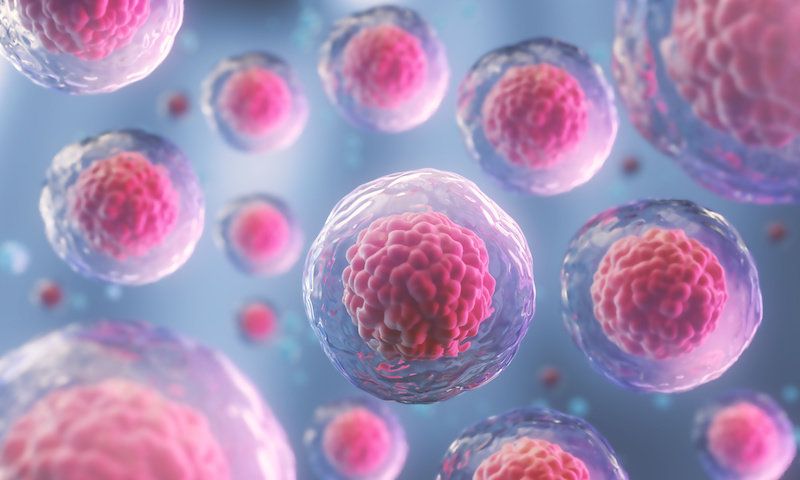On Friday afternoon, a volcano in southern Indonesia erupted, spewing ash as high as 650 feet into the air, according to the country’s National Board for Disaster Management.
The ash from the eruption of Mount Tangkuban Parahu landed as far as 6,500 feet away, reports ABC.
The volcano is situated approximately 18.6 miles north of Indonesia’s third largest city of Bandung in West Java. As of publication, no casualties have been disclosed. However, 9News reports that two individuals were taken to the hospital with “breathing difficulties.”








